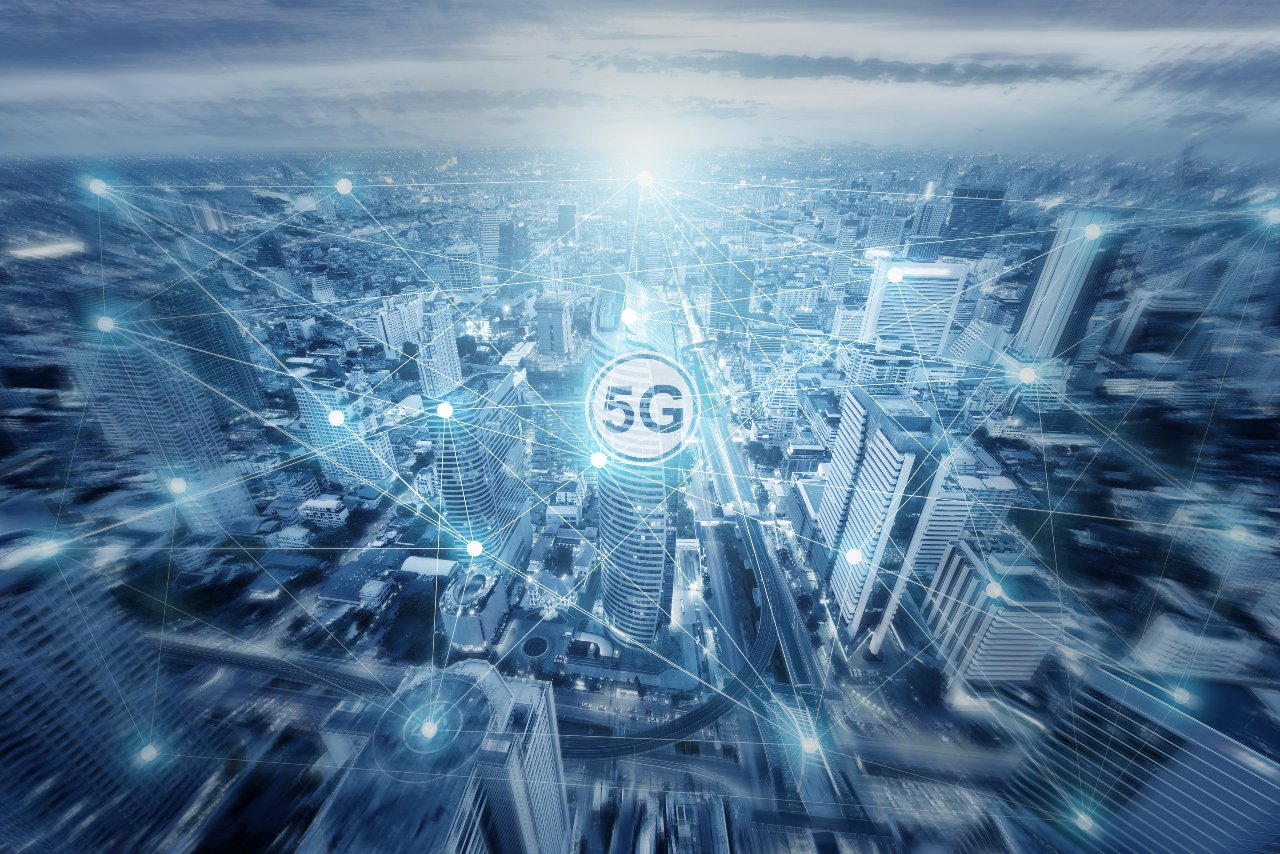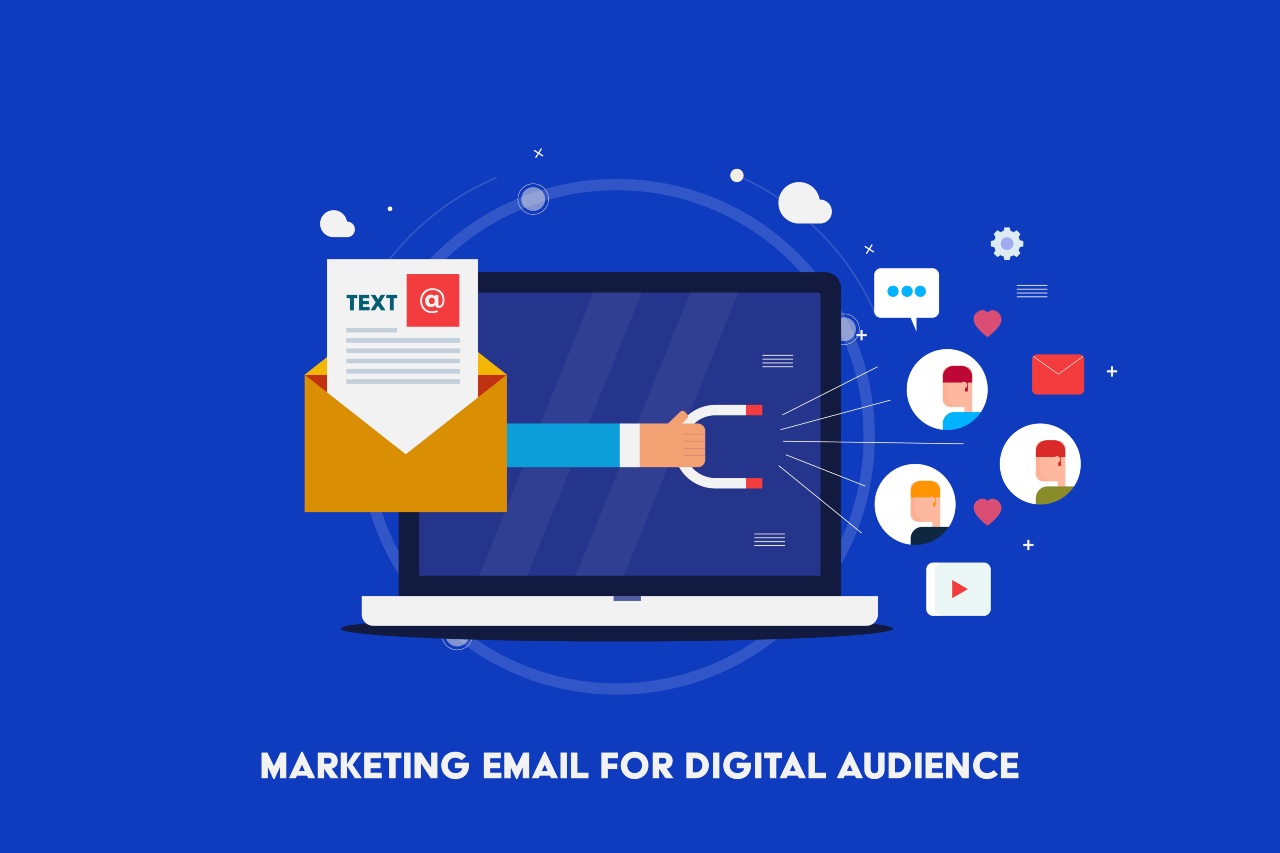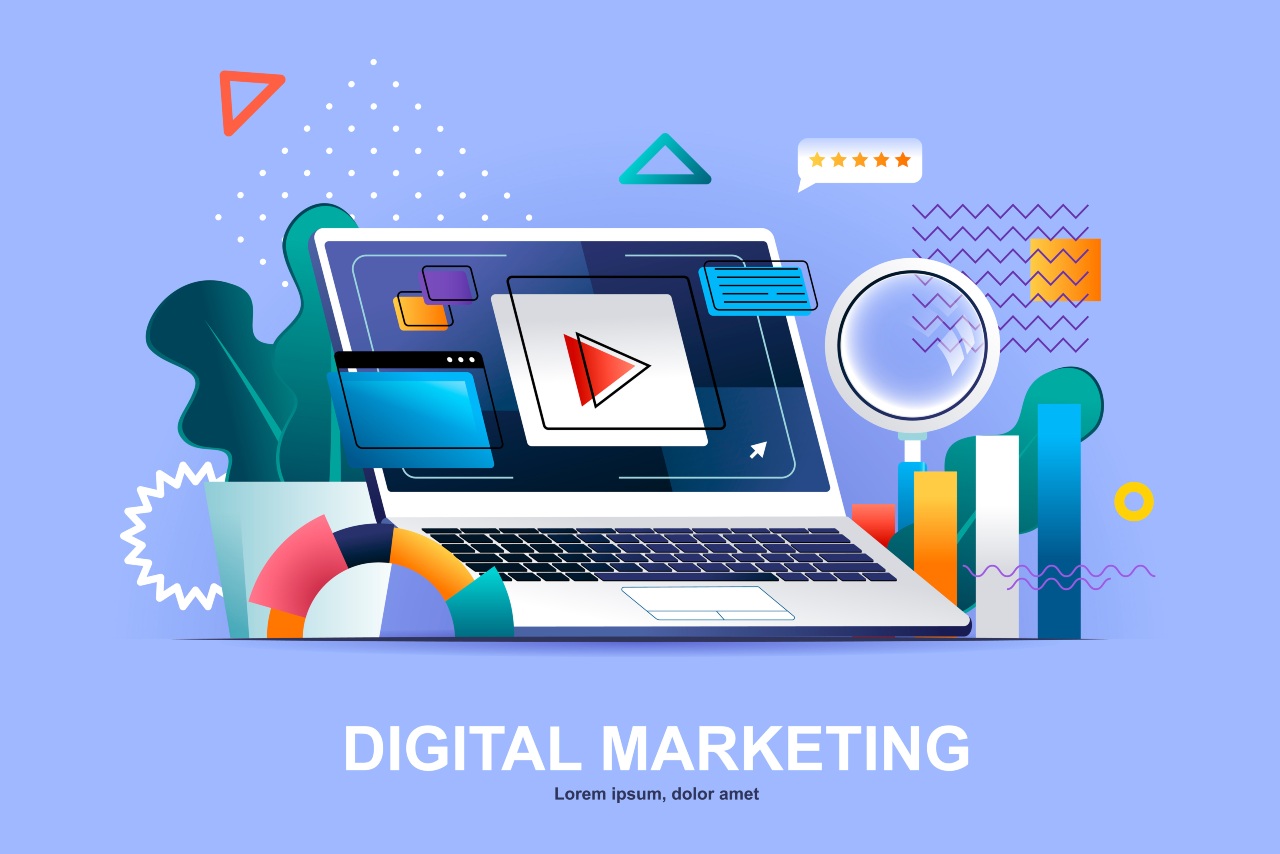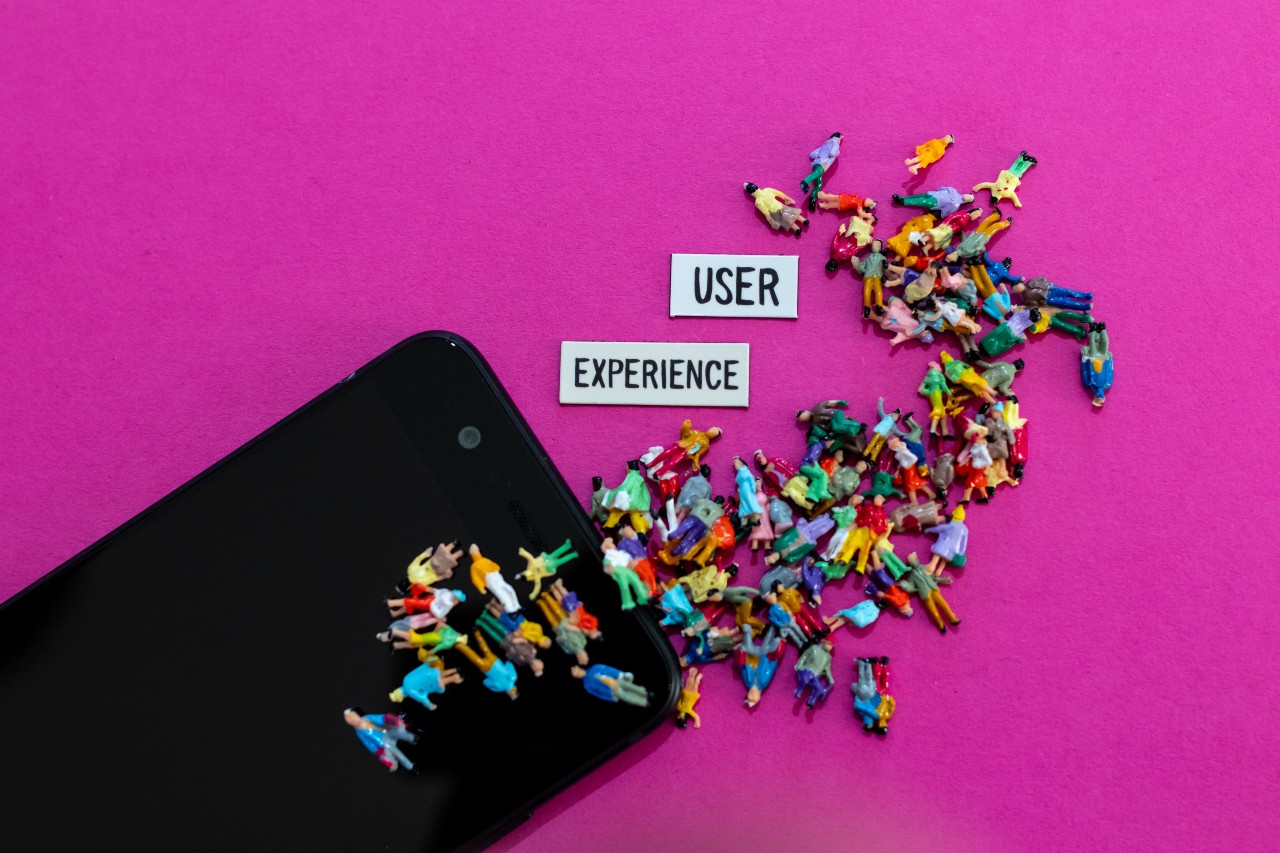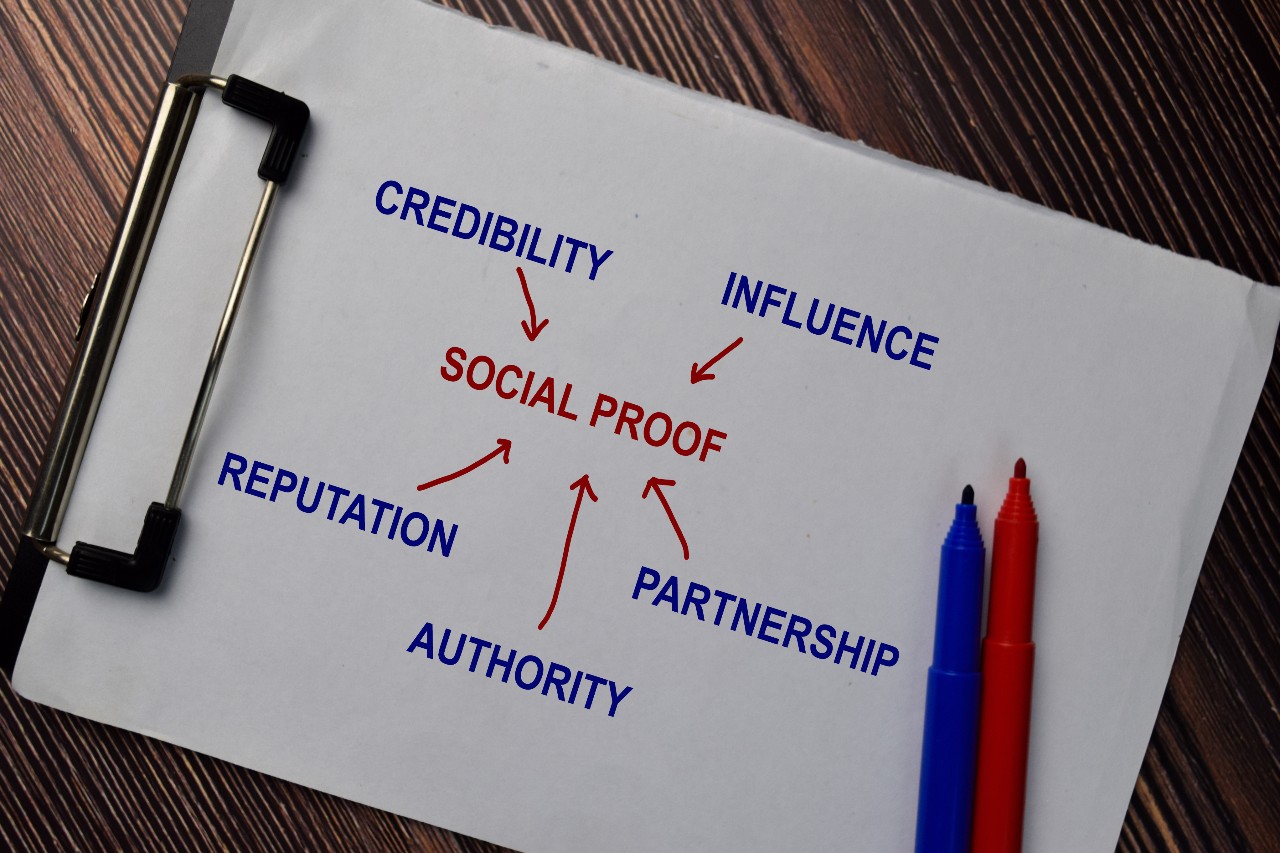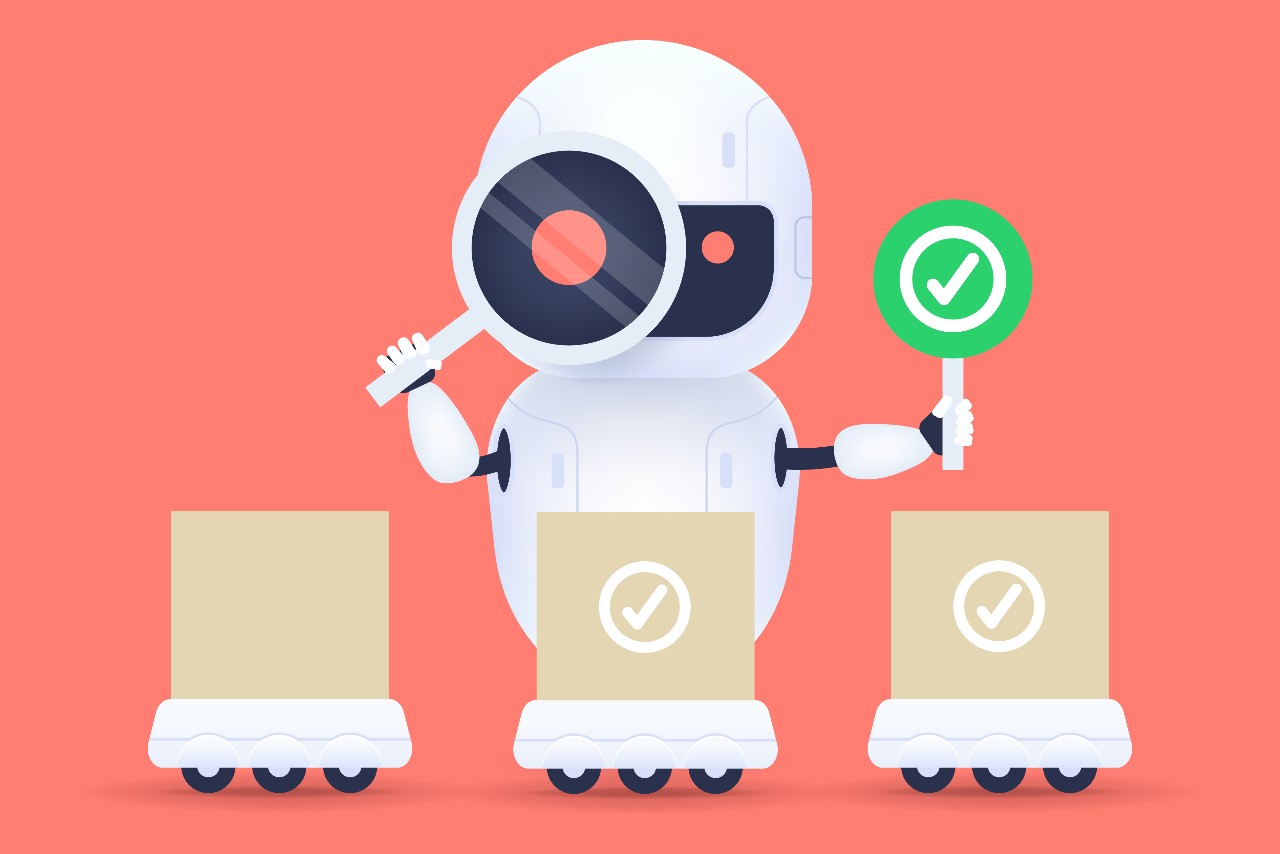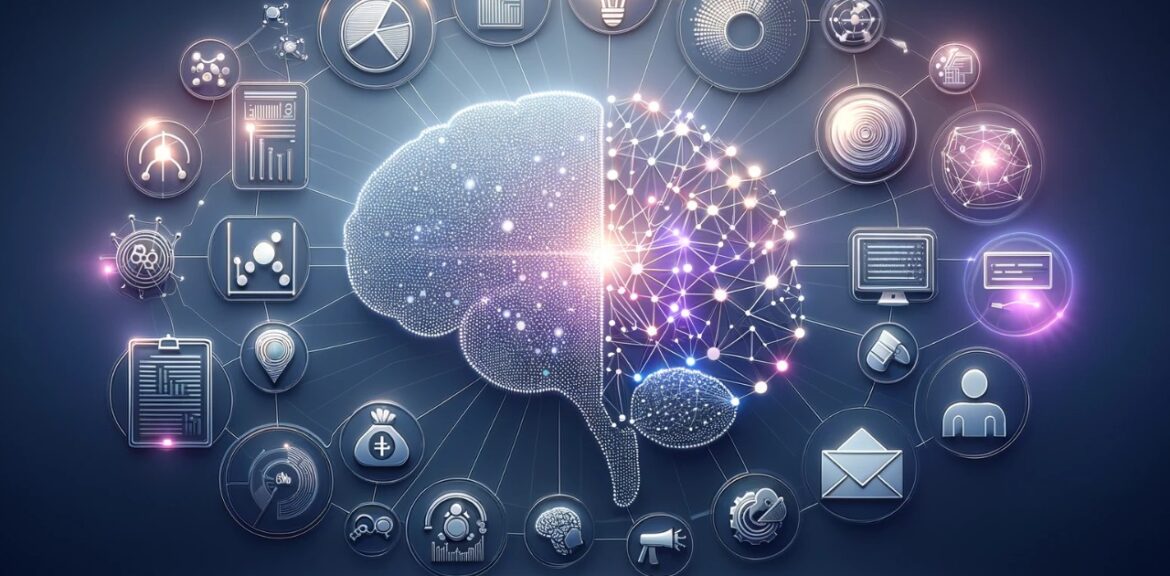
The digital marketing world is evolving at an unprecedented pace. It is driven by advancements in technology and changes in consumer behavior. Among these advancements, Artificial Intelligence AI and Machine Learning ML stand out as transformative forces in the marketing field.
These technologies are not just buzzwords. Rather, they are crucial tools that marketers can leverage to craft strategies. Strategies that are more personalized, efficient, and impactful.
The following article delves into how AI and ML can be integrated into digital marketing campaigns. It highlights current trends, strategies, and the potential they hold for the future of marketing.
Introduction to AI and ML in Digital Marketing
Artificial Intelligence and Machine Learning are technologies that enable machines to learn from data and perform tasks that typically require human intelligence. In the realm of digital marketing, they analyze vast amounts of data to identify patterns and insights that can improve decision-making and campaign performance.
From automating repetitive tasks to providing deeper insights into customer behavior, AI and ML are revolutionizing how marketers approach their strategies. Thus enabling a level of precision and personalization that was previously unimaginable.
Current Trends in AI-Driven Marketing

The application of AI in marketing has led to the emergence of several key trends that are shaping the future of the industry:
- Predictive Analytics: By analyzing past consumer behavior, AI can predict future actions. Thus allowing marketers to anticipate needs and tailor their approaches accordingly.
- Personalized Content: AI algorithms can customize content at an individual level, dramatically increasing engagement and conversion rates. This personalization extends across emails, websites, and social media platforms.
- Chatbots and Virtual Assistants: These AI-powered tools can handle customer service inquiries and assist users. Thus providing a seamless customer experience while freeing up human resources for more complex tasks.
- Voice Search Optimization: With the rise of smart speakers and virtual assistants, optimizing content for voice search has become crucial. AI helps in understanding and leveraging voice search queries to improve visibility and reach.
These trends demonstrate the diverse applications of AI in digital marketing. Each contributing to more effective and engaging campaigns.
Strategies for Integrating AI and ML into Marketing Campaigns
Integrating AI and ML into marketing campaigns can seem daunting. However, by focusing on specific strategies, marketers can effectively leverage these technologies to achieve superior results.
- Enhance Customer Segmentation: AI can analyze data points from various sources to create highly detailed customer segments. Marketers can use these insights to tailor campaigns that resonate with each segment. Thus improving engagement and conversion rates.
- Optimize Content Creation: AI tools can help identify trending topics, suggest content ideas, and even generate basic drafts of content. This not only speeds up the content creation process but also ensures that the content is optimized for SEO and engagement.
- Improve SEO Strategies: AI and ML can analyze search patterns and behavior to predict future trends, helping marketers optimize their content and keywords more effectively. This includes understanding the nuances of voice search and optimizing for questions and natural language queries.
- Automate Social Media Marketing: From scheduling posts to analyzing engagement patterns, AI tools can automate many aspects of social media marketing. This allows marketers to focus on strategy and creative elements, ensuring their social media campaigns are both efficient and impactful.
- Personalize Email Marketing Campaigns: By analyzing individual user behavior, AI can help customize email campaigns to an unprecedented degree. From subject lines to content and send times, every aspect of an email can be optimized to increase open rates and conversions.
By embracing these strategies, marketers can improve the efficiency and effectiveness of their campaigns. Further, offering experiences that are highly personalized and engaging for their audience. This not only drives better results but also builds a stronger connection between brands and their customers.
You may also like:
AI and ML Marketing Tools
The market is brimming with AI and ML tools designed to enhance various aspects of digital marketing. From content creation to predictive analytics, these tools offer capabilities that can significantly boost marketing efforts.
Here’s a look at some of the top tools currently available:
- HubSpot: A comprehensive marketing platform that utilizes AI for better CRM, email marketing personalization, and content management.
- Salesforce Einstein: An AI layer integrated into the Salesforce platform, providing predictive analytics and insights for sales and marketing.
- Hootsuite Insights: Offers AI-powered social media monitoring and analytics, helping brands stay ahead of conversations and trends.
- Grammarly: Uses AI to improve content quality by checking for grammar, tone, and style, ensuring messages resonate with the target audience.
- Google Analytics: Incorporates ML algorithms to analyze website traffic and user behavior, offering insights that can refine marketing strategies.
Selecting the right tool depends on specific marketing goals, budget constraints, and the desired level of AI integration. It’s crucial for marketers to assess their needs and explore these tools to find the best fit for their strategy.
Ethical Considerations and Privacy Concerns
As AI and ML become more ingrained in digital marketing, ethical considerations and privacy concerns are increasingly coming to the forefront.
The use of personal data to feed AI algorithms raises questions about consent, data protection, and the potential for bias in AI decisions. Marketers must navigate these issues carefully to maintain trust with their audience.
Here are some guidelines.
- Transparency: Be clear about how AI is used in marketing efforts and the type of data being collected.
- Consent: Ensure that data collection and analysis are compliant with regulations like GDPR and that users have opted in.
- Bias Mitigation: Regularly audit AI algorithms for biases and take corrective actions to ensure fairness in marketing practices.
- Data Protection: Implement robust security measures to protect user data from breaches and unauthorized access.
Adhering to these principles is not just about compliance. It’s about building a brand loyalty and lasting relationship with customers based on trust and respect.
Future Outlook

The future of AI and ML in digital marketing is both exciting and challenging. As these technologies continue to evolve, we can expect even more sophisticated applications to emerge, such as:
- Advanced Personalization: AI will enable even more granular personalization, predicting not just preferences but also the mood and context of interactions.
- Voice and Visual Search: As voice assistants and image recognition technology advance, optimizing for these search methods will become increasingly important.
- Augmented Reality (AR) Experiences: AI-driven AR can offer unique and immersive ways to engage customers, from virtual try-ons to interactive ads.
- Ethical AI: As awareness of AI ethics grows, there will be a stronger push towards developing AI in a way that is ethical, responsible, and aligned with human values.
The trajectory for AI and ML in digital marketing points towards more integrated, interactive, and immersive experiences. However, the path forward is not without challenges, particularly around ethics and privacy.
By focusing on responsible AI use, marketers can navigate these challenges and harness the power of AI. Thus creating more effective, engaging, and meaningful marketing campaigns.
Conclusion: Embracing the AI and ML Revolution in Digital Marketing
The integration of Artificial Intelligence and Machine Learning into digital marketing represents a significant shift. A shift towards more data-driven, personalized, and efficient practices. These technologies offer the potential to not only enhance the effectiveness of marketing campaigns but also to redefine the way brands interact with their audiences.
By leveraging AI and ML, marketers can gain deep insights into consumer behavior, tailor content with unprecedented precision, and automate repetitive tasks. This way freeing up time for strategic thinking and creative work.
In the meantime, if you feel that you might need some help with your digital marketing, we are here for you. Feel free to contact us and learn more about our digital marketing services. You can find more information at Sylably.com or on our flagship Facebook page.
You may also like:
Did you like this article?
If you found this article helpful, please share with your friends, family, and colleagues who might also be interested in digital marketing services.
We would also love to hear your opinion, thoughts, and advice! Please leave your comments in the box below.
Thank you!


